
Home
Publications
Publications
Showing 0 to 0 of 0 results

Events
2025-05-26T10:31:40
Bridging Parliament and People: APHR at the ASEANPeoples2025@ASEAN2025
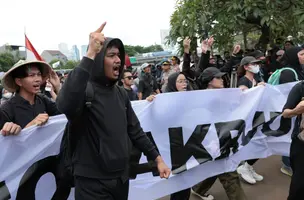
Statements
2025-04-14T15:34:26
APHR Denounces Military Expansion in Indonesian Universities as a Grave Threat to Democracy and Academic Freedo
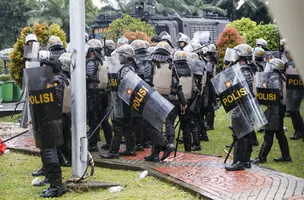
Statements
2025-04-04T15:00:57
APHR Denounces Indonesia’s Police Clearance Rule for Foreign Journalists as a Grave Threat to Press Freedom

Statements
2025-03-29T15:58:22
Southeast Asian Lawmakers Demand Indonesia to Halt Police Brutality and Uphold the Right to Protest
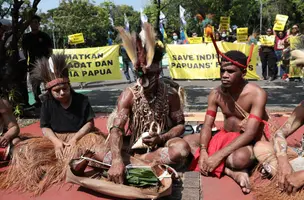
Statements
2025-03-28T13:27:20
Southeast Asian Lawmakers Stand with Indigenous Communities in Indonesia, Demand Investigation into Human Rights Abuses and Environmental Destruction in Merauke PSN Projects

Statements
2025-03-26T13:58:47
Southeast Asian MPs Demand Legal Protection for Journalists After Terror Attack on Tempo Office, Indonesia
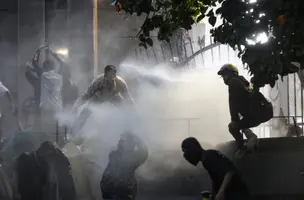
Statements
2025-03-21T18:19:48
Southeast Asian Lawmakers Sound the Alarm: Indonesia’s TNI Law Amendments Undermine Democracy and Human Rights
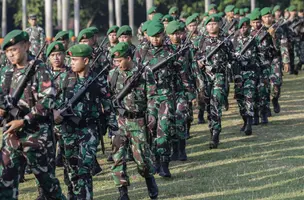
Statements
2025-03-17T15:26:02
Southeast Asian Lawmakers Denounce Intimidation of Activists Over TNI Bill Revisions

Statements
2024-10-25T14:24:53
APHR Urges Indonesia to Act Swiftly to Protect Stranded Rohingya Refugees
TOP
ASEAN Parliamentarians for Human Rights (APHR) was founded in June 2013 with the objective of promoting democracy and human rights across Southeast Asia. Our founding members include many of the region's most progressive Members of Parliament (MPs), with a proven track record of human rights advocacy work.
Copyright © 2024-2025 All Rights Reserved - ASEAN Parliamentarians for Human Rights (APHR)
Website by Bordermedia